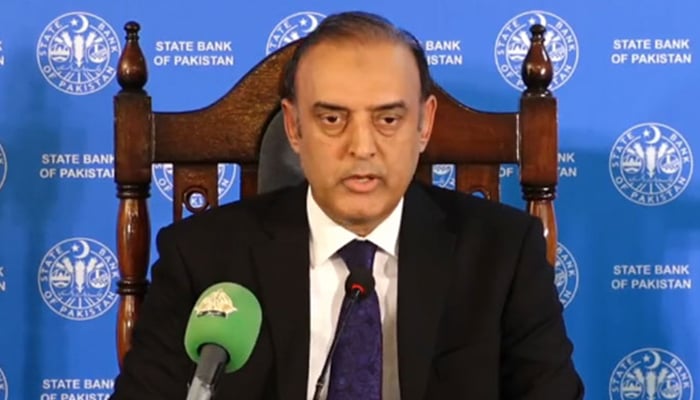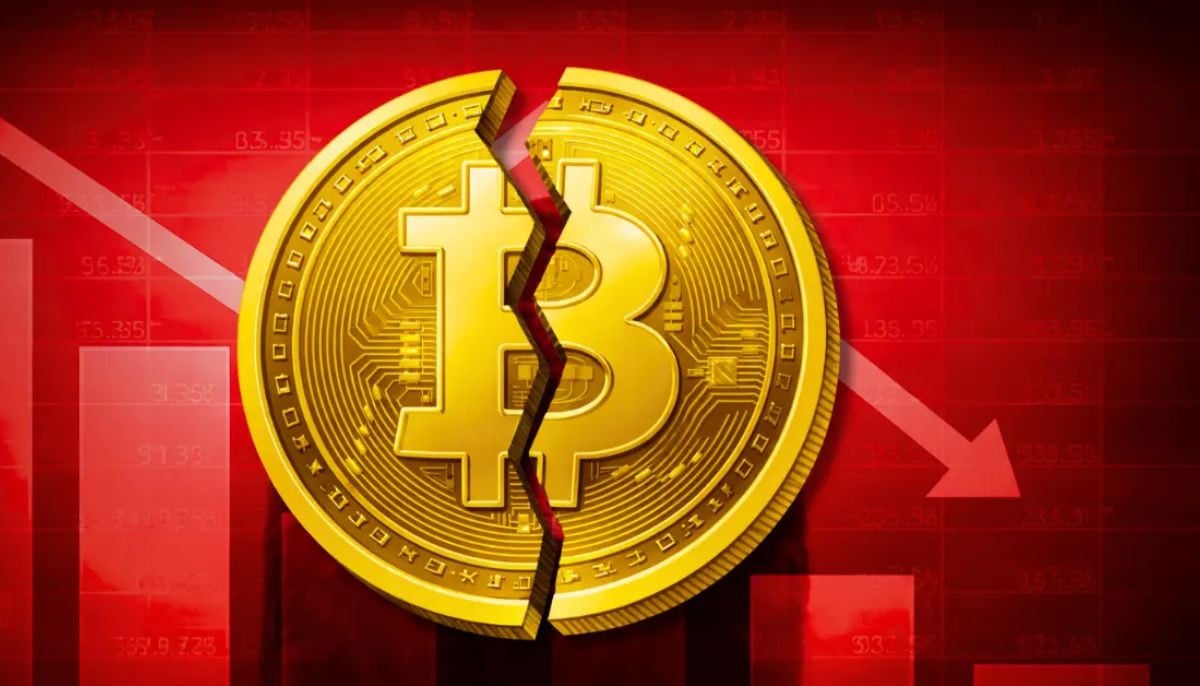SBP keeps policy rate unchanged at 22%
In line with market expectations, the State Bank of Pakistan (SBP) kept its policy rate unchanged at 22%
In line with market expectations, the State Bank of Pakistan’s (SBP) Monetary Policy Committee (MPC) kept the key policy rate unchanged at 22%, as high inflation persists due to the rise in energy prices.
In a concerning update, SBP Governor Jameel Ahmad stated during a press conference in Karachi that inflation remains elevated, necessitating an upward revision of the annual target to 23-25%.
The decision to maintain the key policy rate — for the fifth time in a row — is the last under the caretaker government before the country's general election next month. It also comes in the midst of Pakistan's $3 billion Standby Arrangement (SBA) with the International Monetary Fund (IMF).
Terming the increased inflation as the reason behind the decision to maintain the policy rate, Ahmad underscored that the SBP had expected the rate to ease compared to December's 29.7%.
The bank had predicted inflation to be around 23-25% on average throughout the year with an accelerated shrinking from March.
As per Arif Habib Limited's head of research Tahir Abbas, the SBP chose to wait and see rather than begin a monetary easing cycle abruptly.
Concurring with the central bank's prediction, Abbas said that the prevailing inflation is likely to witness a significant decline owing to improving economic indicators, adding that the SBP would then initiate easing of the policy rate.
In his press conference, Ahmad noted that Pakistan's foreign exchange reserves along with external accounts have witnessed improvement, further adding that the current account deficit is also expected to decline.
Acknowledging the increased inflation, the top official reassured that the worrying economic indicator would shrink at an expedited rate from March onwards.
It is pertinent to mention that the country, in its bid to fulfil the IMF's conditions for a bailout as well as address persistent inflationary pressures, had increased its interest rate to 22% to an all-time high in June 2023.
Although the rescue programme has prevented a sovereign debt default, some attached conditions, such as increased gas and electricity rates, boosting government revenue and benchmark interest rates, have made controlling inflation more difficult with adverse effects on business confidence.
The business community had been pushing for a rate cut to provide some relief from the economic woes in spite of negative real rates.
-
Will Warner Bros finalize deal with Paramount or stays loyal with Netflix's offer?
-
$44 billion Bitcoin blunder: Bithumb exchange apologizes for accidental payout
-
Global memory chip crunch puts spotlight on Apple; Will iPhone become more pricey?
-
Bitcoin plummets toward $60,000 as investors dump risky bets
-
Bitcoin crashes below $63K as regulatory pressure and market fears grow
-
Bitwise Crypto Industry innovators ETF: What investors should do in 2026?
-
Nintendo shares slide again as momentum fears grow
-
Gold, silver prices fallen sharply; What’s driving the drop?












